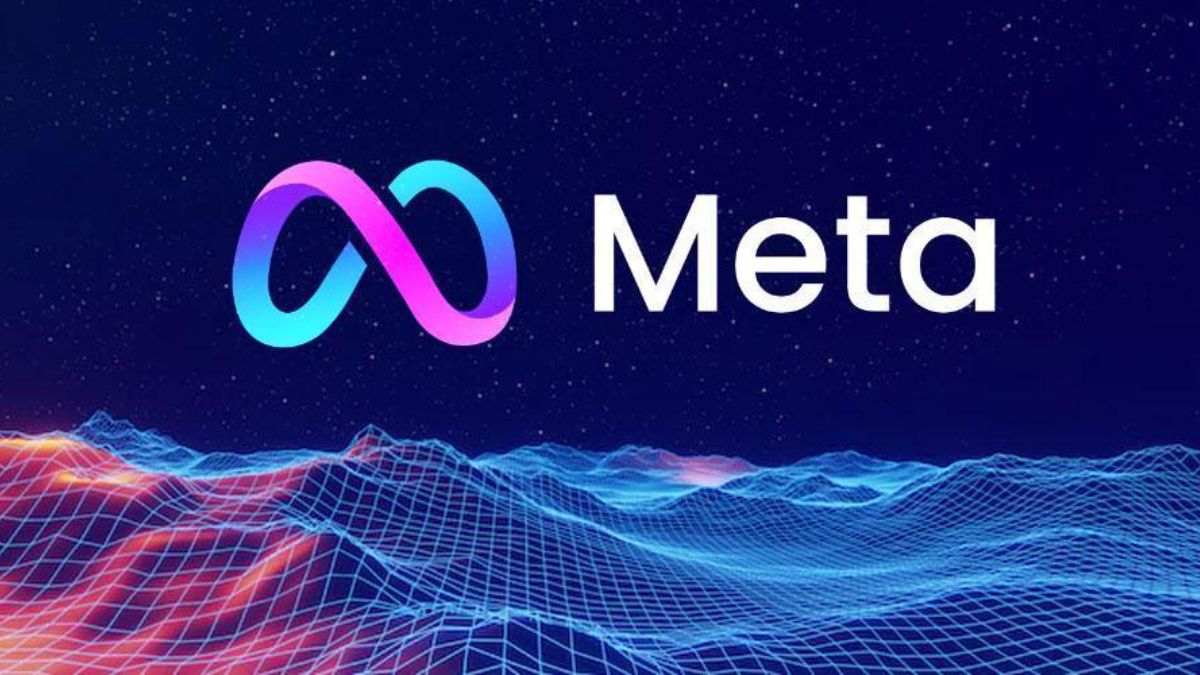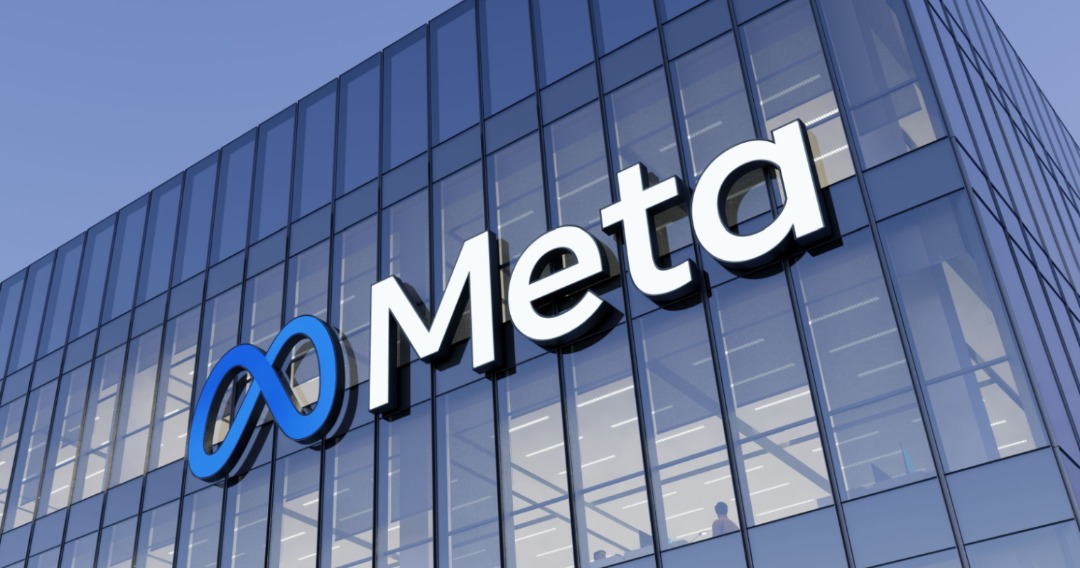Meta’s voice cloning acquisition of PlayAI signals a significant shift in AI competition, aiming to redefine synthetic media and AGI
[dropcap]M[/dropcap]eta’s reported consideration of acquiring PlayAI, a cutting edge voice cloning startup, signals far more than a routine corporate purchase.
Also read: Meta, Nigerian Government launch Llama Impact Accelerator to boost AI innovation
This strategic manoeuvre clearly indicates the direction of the next artificial intelligence (AI) competition frontier.
Such a move holds the potential to redefine the landscape of synthetic media.
It also significantly expands Meta’s ambitions in artificial general intelligence (AGI), showcasing a bold step forward in its technological development.
Meta is reportedly in advanced discussions to purchase Palo Alto based PlayAI. This innovative company specialises in advanced AI powered voice replication technology.
The potential acquisition may fundamentally define the future trajectory of synthetic media applications.
Furthermore, it could substantially broaden Meta’s already ambitious goals in the pursuit of AGI, pushing the boundaries of what AI can achieve within its ecosystem.
The purchase process remains in progress. Exact financial details regarding the potential deal are still unknown to the public.
Nevertheless, industry observers are keenly interested in this particular acquisition.
Their interest extends well beyond its monetary value, focusing instead on the transformative implications. PlayAI’s technology produces remarkably realistic voice clones.
This capability stands precisely at the crossroads of deep customisation, critical ethical considerations, and the evolving nature of human computer interaction.
Given Meta’s active efforts in building its elite AI branch, it comes as no surprise that some of PlayAI’s exceptional talent will likely join them after any successful acquisition.
Integrating PlayAI’s leading engineers and researchers into Meta’s existing teams promises to accelerate innovation.
This synergy aims to reinforce Meta’s position at the forefront of AI development, ensuring access to top tier expertise.
This latest strategic move closely follows Meta’s substantial $14.3 billion investment in Scale AI, a prominent data labelling company.
Additionally, Meta recently welcomed Scale AI’s Chief Executive Officer, Alexandr Wang, to its newly formed “superintelligence” team.
This ambitious group has an audacious goal: nothing less than building AI systems capable of outperforming the human brain in various cognitive tasks, signalling a grand vision for artificial intelligence.
Critics have, at times, accused Meta of merely raising pay significantly. They suggest this is solely to attract leading AI professionals from competitors.
This perspective implies the business is simply buying intellectual capacity to compensate for a perceived lack of internal breakthroughs or original research.
Such a talent grab approach would focus purely on acquiring existing expertise rather than fostering it organically within the company’s structures.
Others, however, perceive a much more strategic game unfolding behind these high profile acquisitions and talent recruitment drives.
Meta, these observers argue, is meticulously curating a top tier team.
This powerful team aims not just to compete in constructing better algorithms, but to fundamentally shape the very narrative and future direction of AGI itself, with the Meta voice cloning acquisition playing a pivotal role in this grand design.
Voice technology is rapidly becoming a key battlefield in the intense quest to develop more human like AI systems.
Its applications are wide ranging, from crafting customised avatars that sound precisely like individuals to developing virtual assistants capable of mimicking your exact vocal patterns.
The ramifications of such advanced capabilities are far reaching, impacting sectors such as branding, accessibility, privacy, and even raising concerns about disinformation.
A potential Meta-PlayAI partnership could significantly accelerate development.
This includes the widespread application of sophisticated synthetic speech across all Meta’s extensive platforms.
Imagine advanced Instagram filters incorporating personalised voice effects, highly intelligent AI powered call centres delivering tailored vocal responses, and interactive metaverse content that dynamically adapts to individual users’ voices.
The possibilities for enhanced user experience are immense.
Meta’s intensified focus on voice cloning technology represents a profound shift.
It fundamentally alters how corporations perceive the relevance of audio within the broader AI landscape.
While text and picture creation have commanded considerable attention in recent years, voice now emerges as the future canvas for unparalleled AI creativity and control.
With the right personnel and technological tools, Meta might transform spoken word into one of its most potent assets ever.
If this deal ultimately goes through, its effects will extend well beyond Meta’s immediate product pipeline. It may fundamentally alter how users engage with digital platforms on a daily basis.
The Meta voice cloning acquisition changes how identity interacts with digital space.
In the emerging era of AGI, the very concept of your voice may no longer remain uniquely yours, leading to new considerations around digital identity and ownership.
The ethical implications of advanced voice cloning technology are a crucial consideration for both developers and regulators.
Ensuring robust safeguards and clear guidelines for usage will be paramount to prevent misuse and protect individual privacy.
This responsible approach is vital for the widespread acceptance and beneficial application of these powerful new capabilities.
Successful integration of PlayAI’s pioneering technology will enable Meta to craft more nuanced and remarkably human like interactions within its cutting edge applications.
This encompasses highly realistic augmented reality and virtual reality experiences, where natural voice interaction can significantly enhance immersion.
The scale of Meta voice cloning acquisition impacts millions, making its responsible implementation critical.
This potential Meta voice cloning acquisition undoubtedly signals Meta’s aggressive pursuit of AI supremacy.
The company aims to compete directly with other tech giants in the intense race for AGI, positioning itself as a leader in foundational AI research and application.
This strategic investment underlines its commitment to shaping the next generation of artificial intelligence technologies.
In conclusion, Meta’s strategic pursuit of PlayAI represents a profound commitment to the future of AI.
This potential Meta voice cloning acquisition underscores the growing importance of voice technology in achieving more human like artificial intelligence.
Also read: Meta targets full AI ad automation by 2026, set to reshape digital advertising landscape
It promises to redefine digital interaction and reinforce Meta’s position at the forefront of technological innovation, with far-reaching implications for users globally.





























